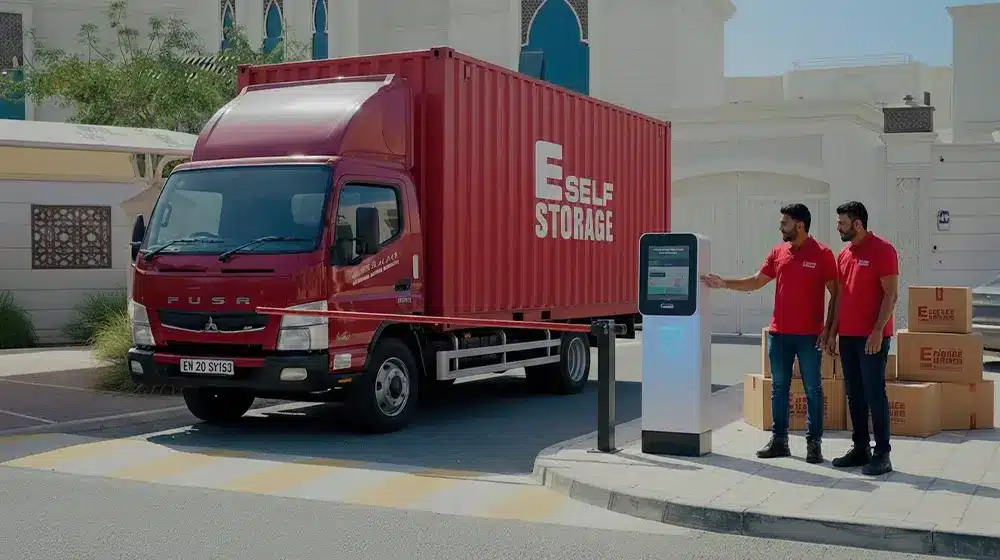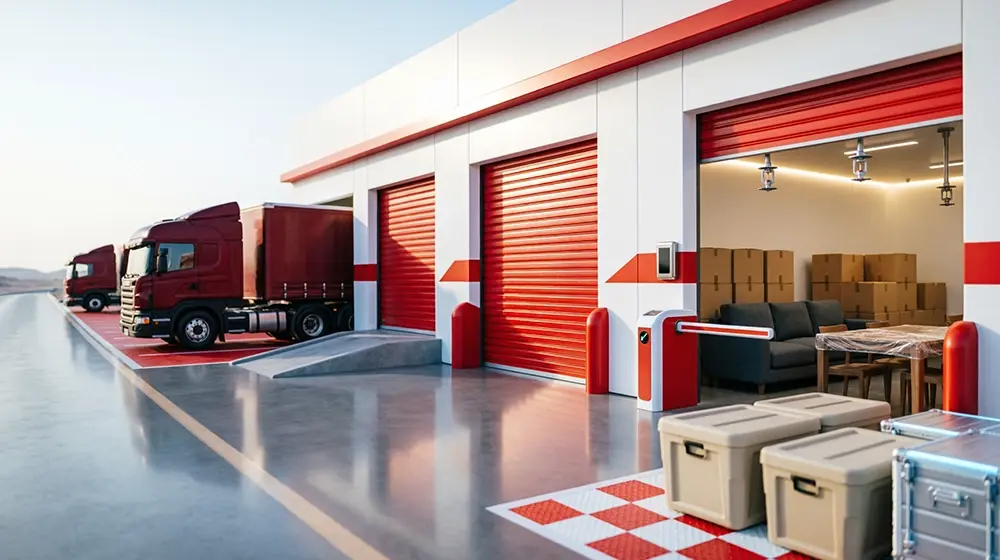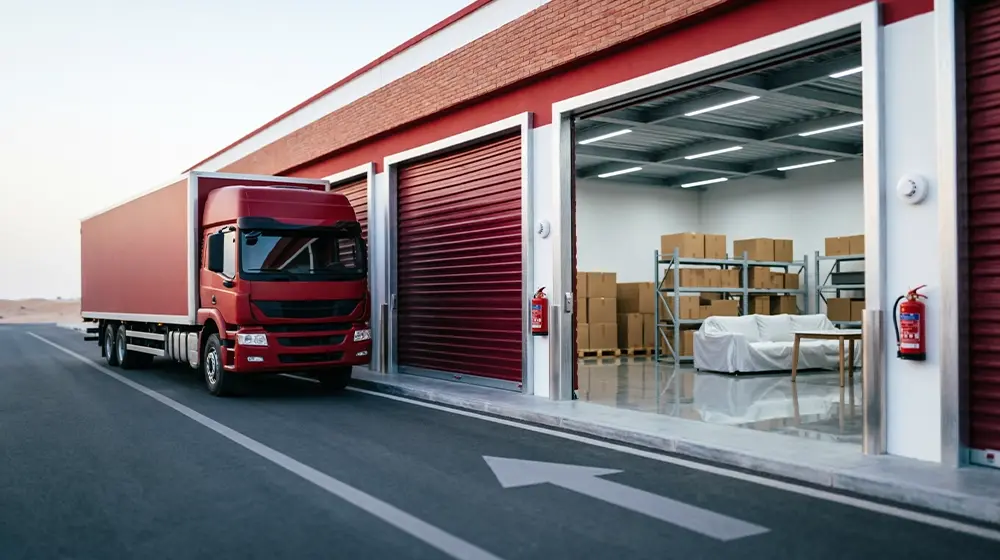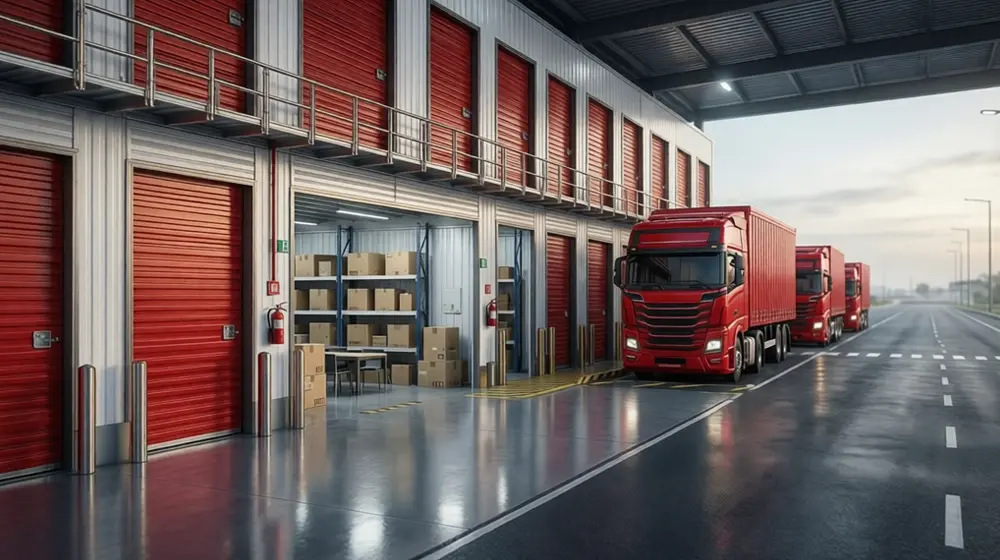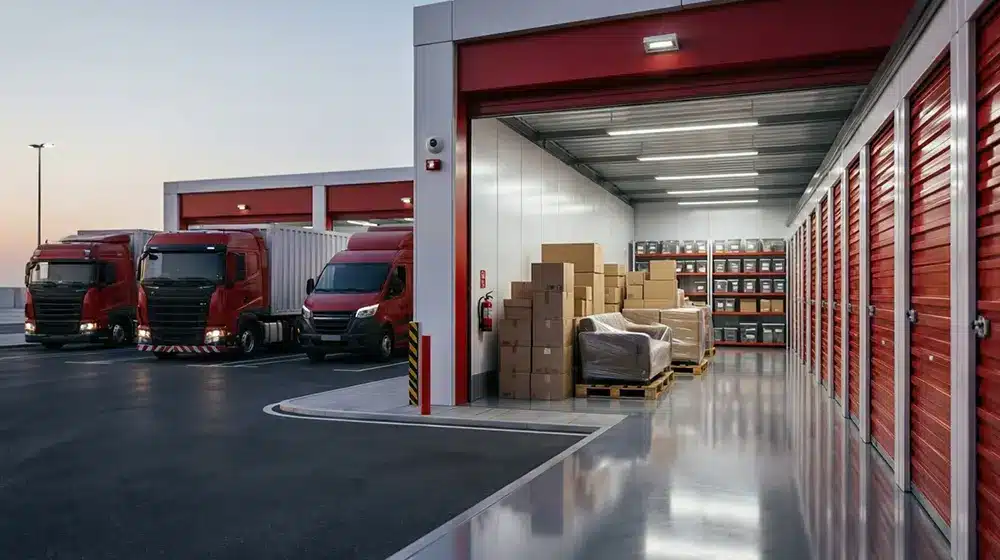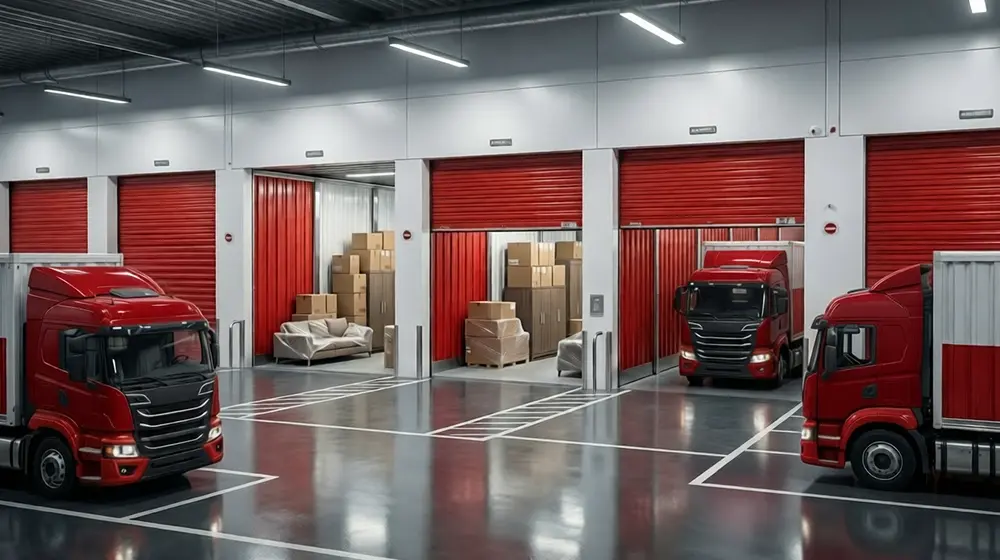Dubai has seen high growth in the demand for warehouses in the past years, mainly because of the flourishing e-commerce and logistics sector of the city. Due to the increasing popularity of online shopping, along with the growing strength of Dubai as a global trading hub, the purpose of a warehouse in Dubai has changed completely and evolved into a crucial element of a business strategy.
The article examines the development of the warehouses, their role in the modern economy, as well as trends behind the role of warehouses in e-commerce and supply chain.
The Transformation of Warehousing in Dubai
Warehouses have traditionally been static-based storage, with businesses storing items until they need to utilize them. In this regard, they act as flexible hubs that handle stock, receive orders, and support distribution. With international network connections, which make Dubai a hub between Asia, Europe, and Africa, warehouses have taken a pioneering position in promoting the network.
Why Warehouses Matter in the E-Commerce Era
Speed of Delivery
The customers in Dubai and elsewhere want rapid shipment. The warehouses that are near urban centers enable firms to deliver orders within a short period, creating an advantage for the businesses.
Efficient Inventory Management
Warehouses can now allow real-time tracking of the stocks with the advanced inventory software. This minimises incidents and wastage, overstocking and goods shortage at times of increased demands.
Scalable Solutions
E-commerce companies are frequently subject to seasonal sales. Warehouses are also flexible spaces, which have the ability to grow, as well as, reduce without necessarily involving investment in permanent infrastructure.
Reverse Logistics
Returns of products have become a standard state of online shopping. The reverse logistics are being increasingly reversed in warehouses in Dubai where the overstocked and returned products are handled by companies there to get these products processed and stored again.
The Role of Technology in Warehousing
Warehouses have undergone a revolution in their operations as a result of technology
- Picking and packing are automated and robotic.
- The machines learn how to predict and optimise using AI-based analytics.
- IoT devices check the values of temperature and humidity.
- The cloud-based systems interact with warehouses with retailers as well as the logistics providers.
These tools lead to a reduction of cost and improvement of accuracy and customer satisfaction.
Warehousing in Dubai’s Logistics Ecosystem
Dubai has an excellent infrastructure and therefore requires large warehouses to make it wheel. This is seen in the Al Maktoum International Airport and the Jebel Ali port. The key types are
- Free Zone Warehouses– provide a customs exemption with simplified regulations.
- Bonded Warehouses– keeping goods in a bonded warehouse until they enter the market duty-free
- Cold Storage Facilities – a special need for food, healthcare, and pharmaceutical items.
These options ensure that the businesses in various industries have access to the storage that they require.
Challenges Facing Warehousing in Dubai
Nonetheless, the sector suffers from several challenges despite the high rate of growth:
- The increasing demand through the growth of e-commerce.
- The sustainability pressure is driving firms toward eco-friendly warehouses.
- Control of costs, which is between affordability and sophisticated technology.
- Availability of skilled labor, as the new facilities will need employees with training in the use of logistics software and demonstrated automation skills.
The Future of Warehousing in Dubai
The purpose of warehouses will keep on changing as well as with technology and the needs in the market. Future developments include:
- Solar energy and sustainable materials are used in Green Warehouses.
- Smaller city micro-fulfillment centers, the ability to deliver the same day
- Smart integration, connecting with the smart city platforms in Dubai, where the real-time data of warehouses is obtained.
- Robotics and AI growth, including the use of drones to inspect inventories or automatic forecasting.
These trends will influence the way businesses are being conducted and served in future years.
Conclusion
The functions of a warehouse in Dubai have extended well beyond storage. Warehouses are now critical centres, which promote the development of e-commerce, speed up the delivery process, and reinforce the authority of Dubai as a global logistics hub. The role of structured solutions, flexibility, and facility locations with advanced technology enables a warehouse to ensure that businesses address the needs of customers, as well as to cope with future toughness.
Warehouses will prove central to the further development of Dubai, as the city is expanding its trade and e-trading environment, as well as warehouses as effective, innovative, and irreplaceable.
Hayyan is a logistics veteran with over 15 years of experience in facility management and spatial optimization. He specializes in warehouse security, climate-controlled storage protocols, and the technical logistics of large-scale moving. His focus is on helping clients maximize their square footage while ensuring the long-term preservation of their inventory and belongings.
- Hayyan Al-Jasmi
- Hayyan Al-Jasmi
Thuraya is a specialist in home organization and residential transition management. With a background in interior space planning, she helps individuals navigate the complexities of downsizing and relocation. She provides expert advice on packing fragile items, choosing optimal storage unit sizes, and turning the stress of moving into a seamless, organized experience.
- This author does not have any more posts

